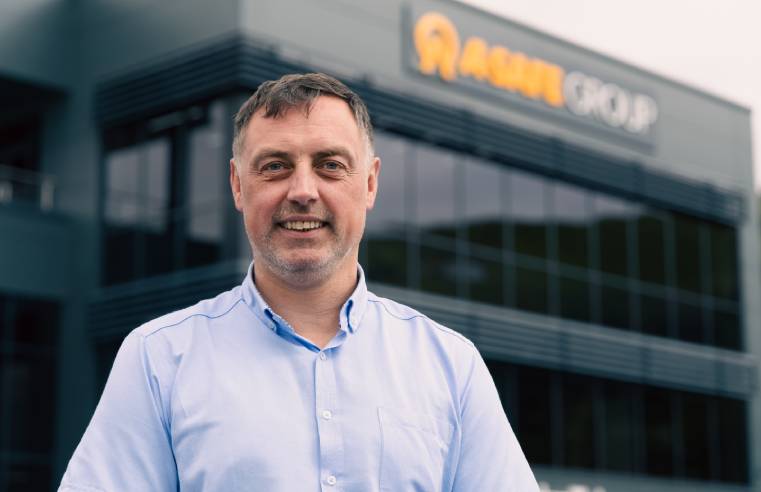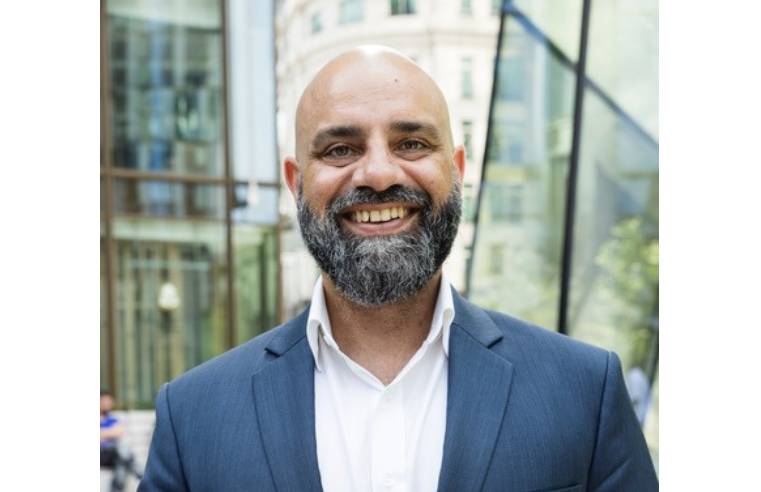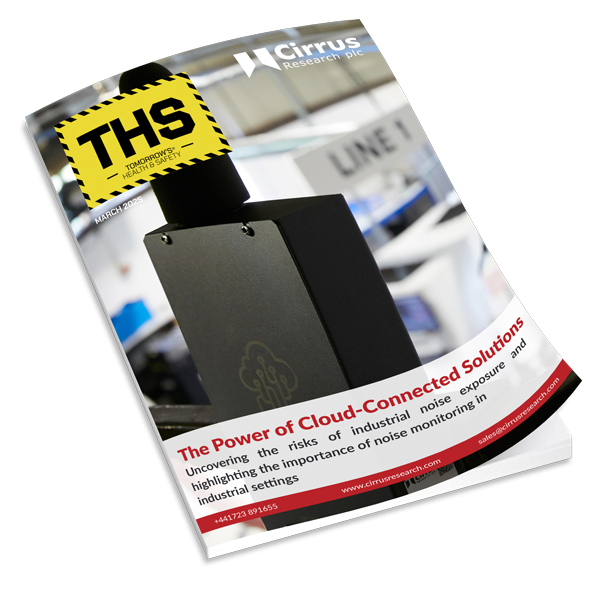Safety experts, Arco, shares ten recommendations to help managers tackle employee stress.
Mental distress across the nation is at an all-time high compared to pre-pandemic levels. As individuals face grief, forced isolation, an economic slump and unfamiliar ways of working, organisations must make decisions that will strengthen, rather than harm, an already vulnerable workforce. Beyond the human cost, better mental health support in the workplace can save UK businesses up to £8bn per year.
Arco Professional Safety Services helps businesses with mental health and wellbeing training, strategies, policy development and implementation. The safety expert is sharing a ten-point action plan to help managers support and improve mental health and wellbeing in the workplace.
How much stress a team faces is dependent on factors such as resource availability, workload, corporate culture and the strength of their support system. Managers are ideally placed to help handle employee stress as they have a greater understanding of the people in their team, their roles and the stress risk factors.
In as little as a day, Arco Professional Safety Services can help managers acquire the knowledge and confidence to manage mental wellbeing proactively. As part of its ‘Stress and Mental Wellbeing Training for Managers’ course, the safety expert recommends a ten-point action plan that can help managers support their teams more effectively. Key actions include:
- Move to a proactive culture rather than a reactive culture by having a company Wellbeing Strategy.
- Utilise mental health and wellbeing policies, become familiar with internal processes and documents around this topic and make them easily accessible using company intranet links to enable fast access.
- Identify and manage issues that are likely to cause stress before they become problematic and intervene immediately where stress or mental ill-health is identified, establishing whether the cause of stress is related to work, home or a combination of both.
- If a person is absent due to ill-health, agree on a method and frequency of contact, discuss what she/he is comfortable speaking about, including what should be kept confidential, then actively engage as agreed.
- Avoid giving advice; give support instead. Colleagues need to feel that they are being taken seriously, are listened to and supported. Managers shouldn’t assume that they know how their employees feel; instead, they should ask how they feel. If managers do not feel able to speak with their employees, it is important that they find someone who can, such as a mental health first aider.
- Carry out Stress Risk Assessments based on the Health & Safety Executive’s (HSE) Stress Management Standards (HSG218) to establish and resolve the causes of stress in the workplace and use the HSE’s ‘Talking Toolkit’ to engage with individuals about the topic and make reasonable adjustments.
- For non-work-related stress, managers can use a coaching approach (ask rather than tell) to help employees identify what is causing their stress, why it’s stressful to them, how they can tackle it and where they can go for help and support.
- Encourage employees to complete a Wellness Action Plan (WAP), which can be used to promote wellness in already healthy employees and help those suffering or returning from a mental ill-health absence.
- Reference any internal support services offered, such as employee assistance programmes, HR, Occupational Health ‘phone lines, websites or mental health first aid functions and, also, external support including websites, helplines and support groups.
- Utilise phased returns, removal and gradual re-introduction of job-role elements; providing mentors and regular check-ins can all help to prevent relapse and increase the likelihood of a faster and full recovery.
Mark Nixon, Senior Health, Safety and Wellbeing Consultant and Trainer at Arco Professional Safety Services, said: “I have been a passionate Occupational Health and Safety Professional since 1995, but something changed five years ago. I was fortunate enough to be able to stop a young individual from committing suicide. On hearing the phrase ‘you saved my life’ I became instantly dedicated to improving my knowledge around the wellbeing and mental health of people, particularly the employees in our own and our clients’ organisations.
“I now deliver Arco’s suite of courses to clients and instruct the MHFA 2 Day Adult Mental Health First Aid course, the feedback for which is breathtakingly positive. Quite simply, these courses change lives and save lives.”
With the right support in place, positive mental health and wellbeing can be sustained. Arco Professional Safety Services offers specialist courses including Mental Health First Aid, Mental Wellbeing Awareness and Stress and Mental Wellbeing for Managers. Its highly experienced trainers can help build bespoke programmes to meet client needs, whether that means delivering training on the client’s site or at one of its national safety centres. The expert in safety can also provide training online via its specialist video conference service developed during the COVID-19 pandemic to ensure businesses can continue training while maintaining social distancing.
For more information on the mental health and wellbeing training courses available, visit the dedicated course finder at Arco Professional Safety Services.






















